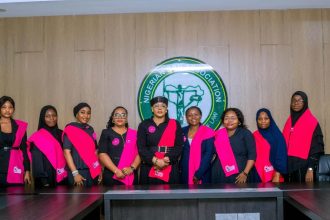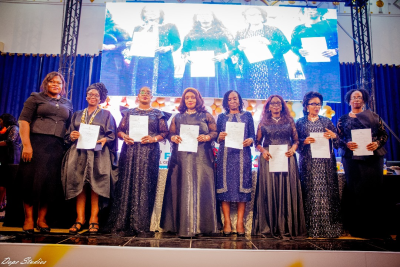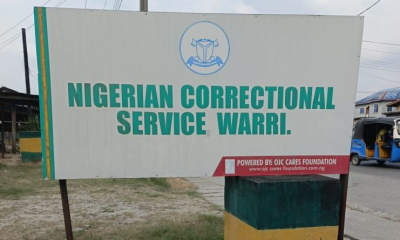In a compelling new study, legal scholar Christiana E. Nnaji unpacks Nigeria’s complex fight against corruption in her paper titled “Anti-Corruption Trends in Nigeria: Legal Framework, Implementation, and Recent Developments.”
The publication provides a timely and in-depth look at the country’s legal infrastructure, institutional responses, and evolving legislative efforts to curb systemic corruption.
Nnaji identifies corruption as a deeply entrenched issue that continues to weaken public trust, hamper economic development, and obstruct good governance.
Despite the efforts of notable agencies like the Economic and Financial Crimes Commission (EFCC) and the Independent Corrupt Practices and Other Related Offences Commission (ICPC), challenges such as institutional limitations and sociocultural tolerance for unethical practices persist.

Her analysis focuses on three major areas:
- An examination of the underlying causes of corruption in Nigeria, including structural weaknesses and economic triggers.
- A comprehensive review of the existing legal and institutional framework, including the roles and limitations of the EFCC and ICPC.
- An exploration of recent legislative developments, including reforms and innovations designed to enhance accountability and transparency.
Christiana E. Nnaji emphasizes the need for a holistic approach—combining legal reform, socio-cultural reorientation, and the strategic use of technology to make Nigeria’s anti-corruption campaign truly effective.
With Nigeria continuing to rank poorly on global corruption indices, this scholarly work reinforces the urgency of systemic reform and the empowerment of institutions to secure ethical governance.
Her work adds valuable insight to national conversations on accountability and offers a strategic guide for policymakers, stakeholders, and reform advocates.
Kindly Find attached the article;
Christiana E. Nnaji Explores Nigeria’s Anti-Corruption Landscape in New Legal Analysis


Also Read:









